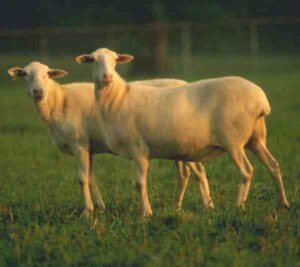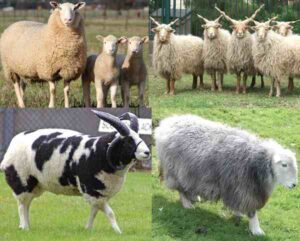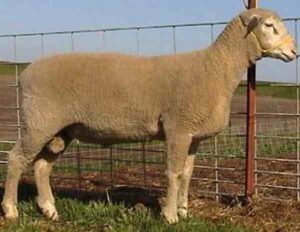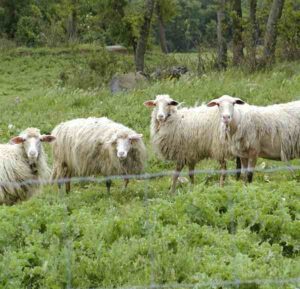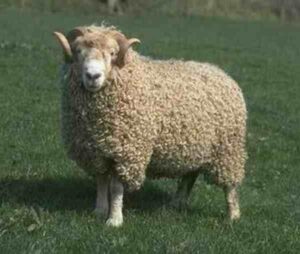The Corriedale sheep is a dual-purpose breed of domestic sheep from New Zealand. It is the oldest of all the crossbred sheep breeds.
And the breed was actually developed by crossing Leicester and Lincoln rams with Merino ewes during the late 1800s.
And further development of the breed occurred in New Zealand during the time from 1880 to 1910. During the same time, similar crosses were also being done in Australia.
Today the breed is distributed worldwide, making up the greatest population of all sheep in South America and thrives throughout Asia, South Africa and North America.
After the Merino sheep, it is the second most significant breed of domestic sheep in the world. And today the Corriedale sheep are widely farmed in New Zealand, Australia, Southern Brazil, the United States, Patagonia and Uruguay. It is the most popular breed of sheep in Uruguay. Read some more information about this breed below.
Corriedale Sheep Characteristics
The Corriedale sheep are large sized animals with beautiful appearance. They are large framed and plain bodied and have broad body.
Both rams and ewes are generally polled. They are usually white in color with white face and black points. Their nose and hooves are black.
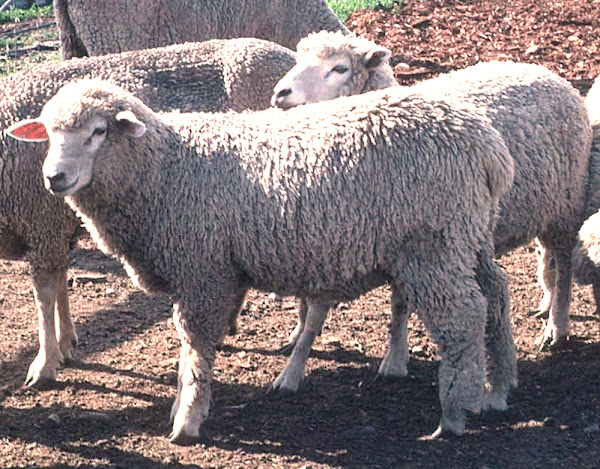
The mature Corriedale ewes on average weight between 59 and 82 kg. And average live body weight of the mature rams vary from 79 to 125 kg.
Uses
The Corriedale sheep are dual-purpose animals. They are raised and valued for both wool and meat production.
Special Notes
The Corriedale sheep are very hardy and strong animals. They are well suited to almost all climates. They are long lived animals and are docile in terms of temperament. The ewes are excellent mothers, with very high fertility.
Today the breed is raised as a dual-purpose animal. They are good for both meat and wool production. The Corriedale sheep produce high quality wool with a fiber diameter of 25 to 30 microns.
On average, a mature ewe will produce around 4.5-7.7 kg wool with a staple length of 3.5 to 6 inches. The wool is preferred by many hand spinners, mainly because of it’s unique combination of desirable qualities.
The Corriedale sheep is also very good for quality meat production. Carcasses of the lambs are of high quality. As a dual purpose animal, the Corriedale sheep are very popular among the farmers for both high quality meat and wool production.
And it is very popular among the sheep farmers throughout the world. However, review full breed profile of the Corriedale sheep in the following chart.
| Breed Name | Corriedale |
| Other Name | None |
| Breed Purpose | Meat and wool |
| Special Notes | Very hardy and strong animals, well suited to almost all climates, long lived animals, docile temperament, high fertility rate, dual-purpose animals, good for both meat and wool production, produce high quality wool with a fiber diameter of 25 to 30 microns, wool is preferred by many hand spinners |
| Breed Size | Large |
| Weight | Mature ewes live body weight is between 59 and 82 kg, and the mature ram’s live body weight vary from 79 to 125 kg. |
| Horns | No |
| Climate Tolerance | Almost all climates |
| Color | White |
| Rarity | Common |
| Country/Place of Origin | New Zealand |

